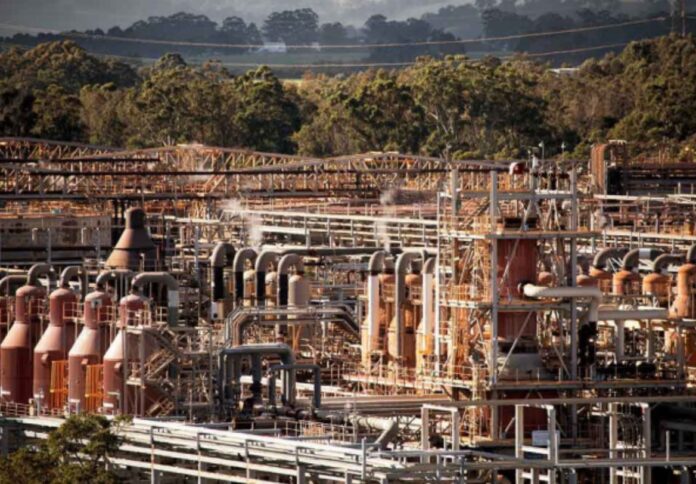
A new report from Climate Council has called on the Australian government to deliver solid policies and incentives that would boost the production of green metals in the country.
According to the “Australia’s Clean Industry Future: Making Things Here in a Net Zero World” report, the production of green metals onshore is Australia’s biggest economic opportunity in the global shift towards net zero emissions.
In a statement, Climate Council warned that Australia’s biggest emitters need to cut pollution to stay globally competitive, or risk being left behind in a world where net zero will be business as usual.
Amanda McKenzie, CEO of Climate Council, said the reformed Safeguard Mechanism is a critical opportunity to deliver the right policy settings required in future-proofing industries, protecting Australian manufacturing, and reducing harmful carbon pollution.
The report outlined recommendations for ensuring the Safeguard Mechanism supports strong Australian industries. These include prioritising crucial domestic industries that have a long-term future in a net zero world instead of making them carry the weight for new highly polluting coal and gas projects.
The council is also urging the government to redirect support towards sectors like steel, aluminium, cement, and chemicals, which would enable them to conduct technology trials, procure new equipment and update their facilities.
The report emphasised how helping the industry cut emissions and transition from using fossil fuels can boost profits, create new clean industries, protect workers, and create thousands of jobs.
“Australia has some of the best solar energy resources on earth, and right beneath our feet, we have some of the world’s largest reserves of critical minerals like iron ore and bauxite. We can harness these world-class resources to become a world-leading industrial powerhouse and a nation-leading on climate solutions,” said Chief Climate Councilor Professor Tim Flannery.
“We can also use cheap renewable energy to power manufacturing as well as expand Australia’s capacity to refine and process raw materials onshore. This would spur job creation, develop clean new value-added industries, and significantly reduce emissions,” Flannery said.



















